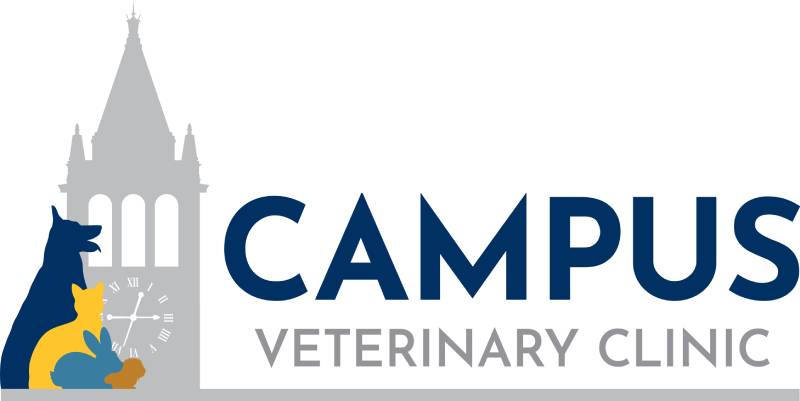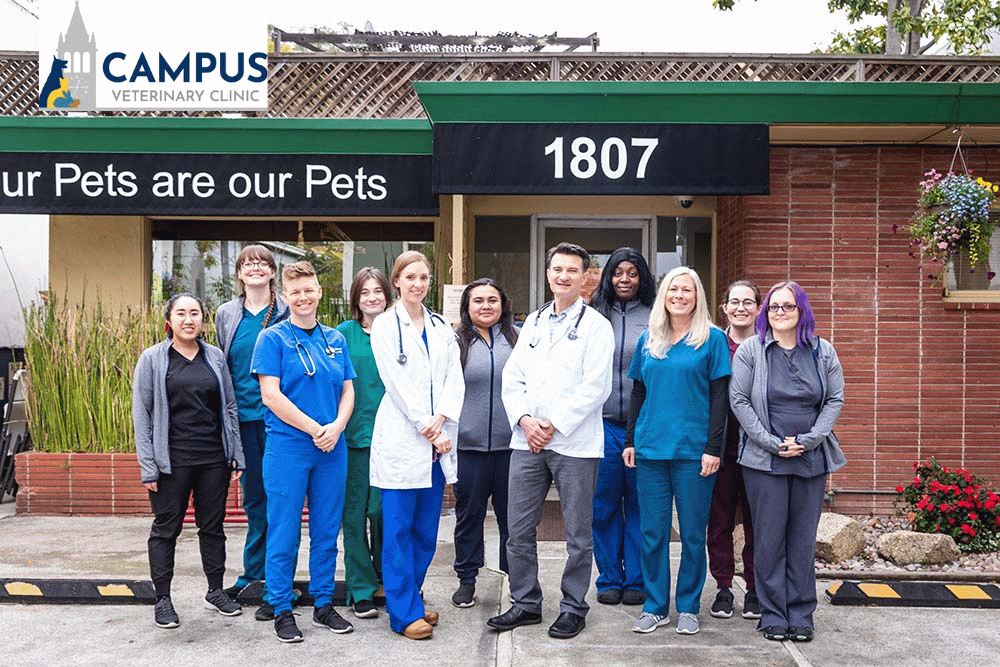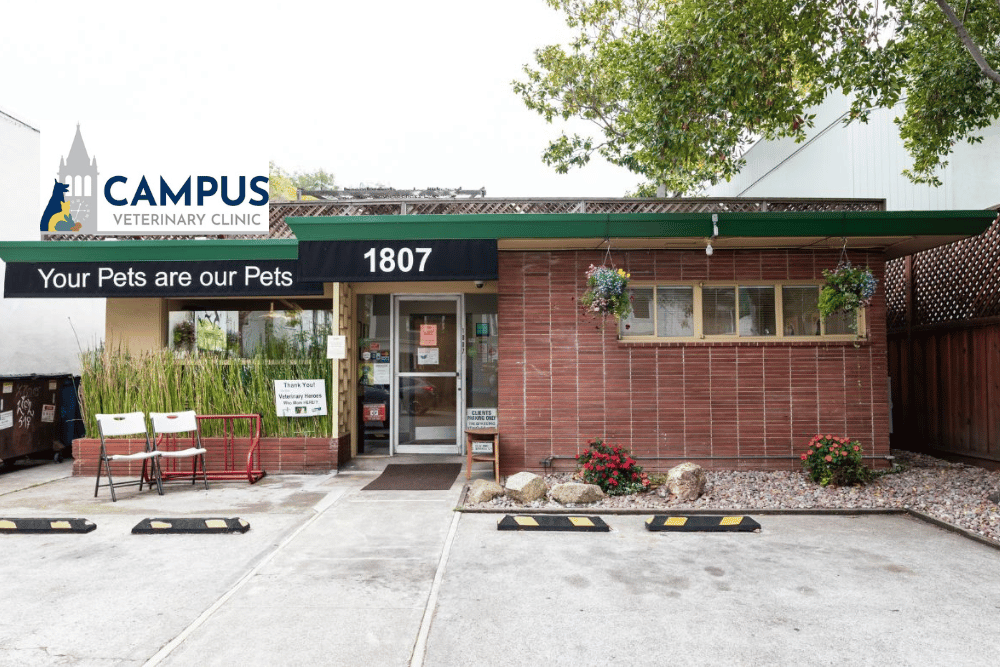We are a full-service veterinary clinic, proudly serving Berkeley, Albany, El Cerrito, Oakland, Richmond, and the surrounding communities since 1969.
Real Testimonials from Real Clients
Veterinary Services
Exams, surgery, dentistry, specialty care, and more.
Online Pharmacy
Food, medication, and more with free delivery.
Join Our Team
Explore our exciting career opportunities.
Meet the Team at
Campus Veterinary Clinic
Our veterinary team at Campus Veterinary Clinic is dedicated to the happiness and health of your beloved pets. Our experienced veterinarians provide quality care fueled by a genuine passion for animals. You can trust that your furry companions are in caring hands as we strive to create a welcoming environment for both our pet patients and their owners.
Veterinary Services in Berkeley, CA
At Campus Veterinary Clinic, we prioritize your pet’s well-being through compassionate care and proactive measures. From annual check-ups to advanced treatments, we’re dedicated to fostering a lasting bond between you and your furry friend while ensuring their long and healthy life.
Pet Wellness Exam
Pet Dental Care

Pet Surgery
Pet Senior Care
About Campus Veterinary Clinic
At Campus Veterinary Clinic, we are committed to delivering compassionate, quality care for your pet and to providing you with the knowledge and tools to enhance the bond that you share. Our veterinary team and support staff look forward to seeing you soon.

Join Our Team
We’re looking for passionate pet lovers, including veterinarians, technicians, administrative staff, and management. Join our team and help shape our amazing culture.

Online Pharmacy
Shop our online pharmacy for pet meds, flea & tick treatment, healthy dog and cat food, pet treats, and more — free shipping over $49.
